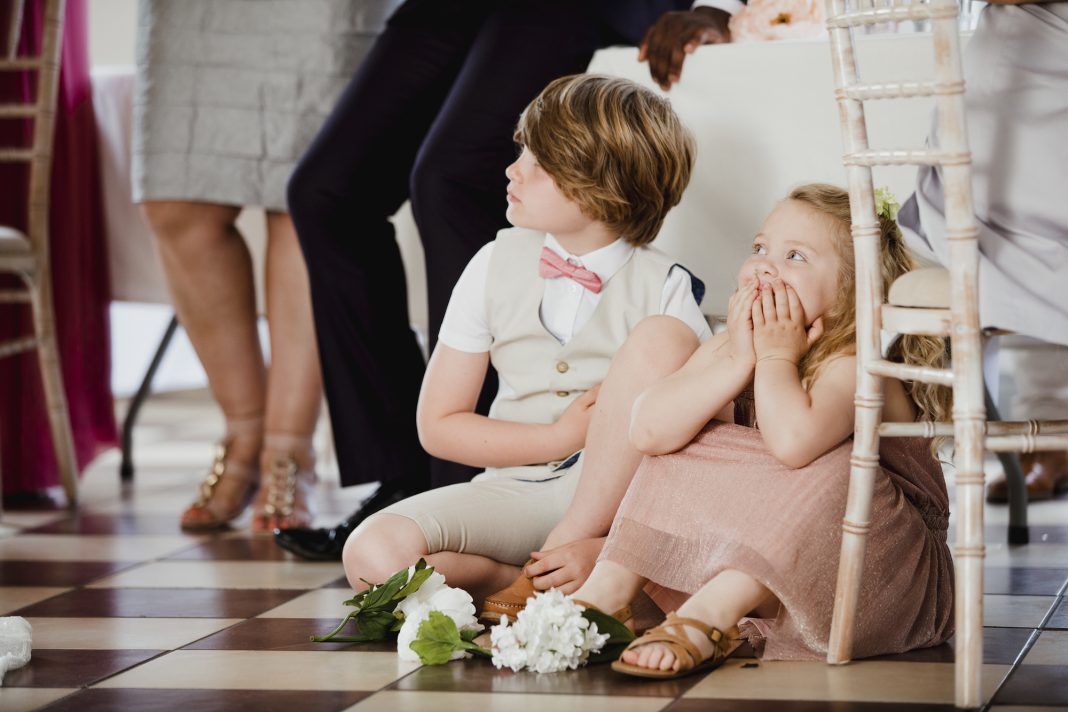**Navigating Family Dynamics: Insights on Conduct at Celebrations and Unresolved Emotions**
Family gatherings—be they joyous celebrations like weddings or solemn occasions such as funerals—can often reveal the complexities of interpersonal relationships and the nuances of social decorum. These events serve as a microcosm of familial dynamics, where the intersection of joy and grief, tradition and modernity, often creates a fertile ground for conflict and reflection.
Take, for instance, the recent experience of a concerned individual who attended a funeral where the behavior of young children raised eyebrows and tensions. The children, aged between three and thirteen, were left to run amok, their playful antics escalating into a cacophony that overshadowed the somber atmosphere of the occasion. This lack of oversight from their parents not only disrupted the service but also highlighted a broader issue regarding the responsibilities of guardians in communal settings.
Upon reflecting on this disquieting experience, the individual expressed apprehensions about an upcoming wedding—one that promised to be a significant milestone for their family. The worry was palpable: how could they ensure that the uncontrolled energy exhibited at the funeral didn’t repeat itself at this celebratory event? It’s a valid concern, particularly when a substantial financial investment is at stake and the emotional weight of such gatherings can be profound.
When faced with such dilemmas, communication becomes key. It is essential to engage directly with the parents of the children involved. A candid conversation can pave the way for setting expectations regarding behavior at the wedding. Drawing upon the recent incident as a reference can serve as a powerful tool in these discussions, providing a concrete example of why maintaining decorum is vital. According to a study published in the *Journal of Family Psychology*, open and honest communication in families significantly reduces misunderstandings and fosters a more harmonious environment.
Meanwhile, another poignant narrative unfolds in a different context. A woman grapples with the emotional ramifications of feeling like a replacement child for her mother, who lost her firstborn under tragic circumstances. This sense of being overshadowed has lingered throughout her life, casting a long shadow over their relationship. The question arises: should she confront her mother about these buried feelings, or is it wiser to let sleeping dogs lie, particularly when the mother remains in denial?
In situations like this, professional guidance can be invaluable. Engaging a licensed family therapist could facilitate a safe space for both parties to express their feelings. This approach is supported by recent findings from a meta-analysis on family therapy, which indicates that structured, therapeutic conversations can lead to significant improvements in familial relationships. The process may not guarantee closure, but it does offer a pathway toward understanding and healing.
As we navigate the intricacies of family dynamics, it becomes increasingly clear that communication is the cornerstone of resolution. Whether it’s addressing unruly behavior at a wedding or confronting deep-seated feelings of inadequacy, being proactive and empathetic can lead to healthier relationships. Celebrations are meant to be shared joys, and even the most challenging conversations can ultimately contribute to a more profound sense of connection and understanding within families.
In conclusion, whether it’s ensuring a peaceful wedding or reconciling complex feelings of familial love and loss, the journey often begins with an open dialogue. As we approach these moments, let us remember the value of patience, empathy, and the courage to speak our truths. After all, family is not just about shared blood; it’s about shared understanding.
